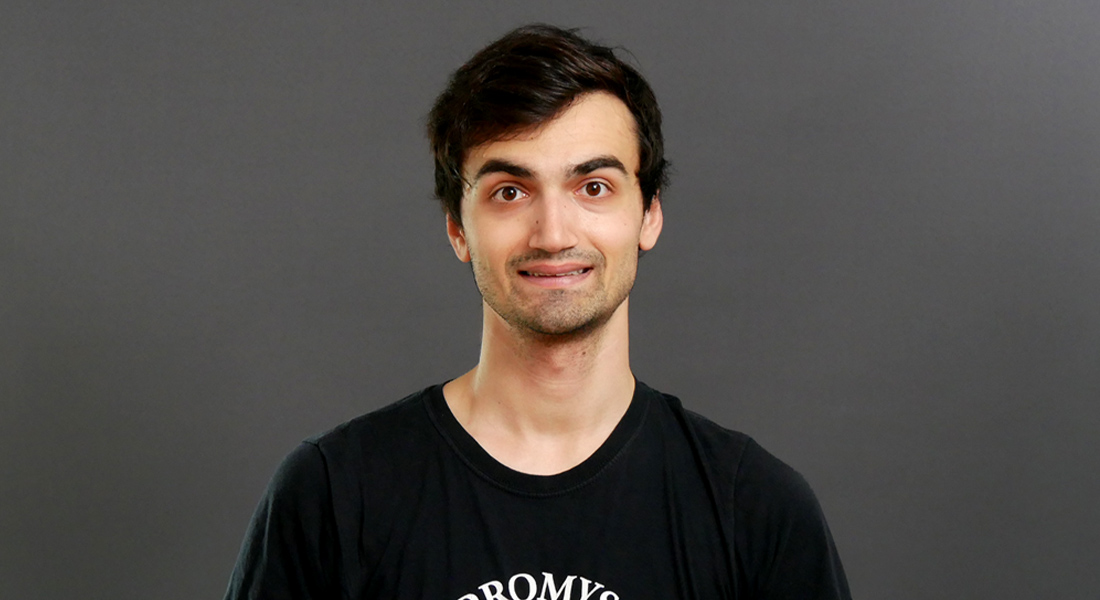Ishan Levy, postdoc
Ishan Levy startede 1. juni 2024 som postdoc ved sektionen for Algebra og Geometri. Han er Clay Research Fellow og har valgt at tage sit stipendium med til København.

Ishan Levy har en BA fra Princeton University og modtog sin ph.d. fra Massachusetts Institute of Technology i maj 2024 under vejledning af Michael Hopkins. I København vil Ishan være tilknyttet Copenhagen Centre for Geometry and Topology.
Clay Mathematics Institute forklarer deres ærefulde stipendium med dette portræt af Ishan:
“Levy is known for his deep and ingenious contributions to homotopy theory. His new techniques in algebraic K-theory have led to solutions of many old problems. In joint work with Robert Burklund, he established the rational convergence of the “Waldhausen tower” interpolating between the K-theory of the integers and one of the most important moduli spaces in the study of high dimensional manifolds, A(pt). He is most renowned for his work Ravenel’s Telescope Conjecture.
In the late 1970s, Ravenel made a series of deep conjectures outlining a rich conceptual vision of stable homotopy. By the mid-1980s, all but the Telescope Conjecture had been proved. For over 40 years this remained the most important problem in this part of homotopy theory. Levy’s methods in K-theory led him, Burklund, Hahn and Schlank, to the construction of counterexamples, and, in joint work with Burklund, Carmeli, Hahn, Schlank and Yanovski, to an estimate of the growth rate of the stable homotopy groups of spheres that was completely untouchable by previous methods.”
Læs QantaMagazine-artiklen “An Old Conjecture Falls, Making Spheres a Lot More Complicated”.
Du kan finde Ishan på kontoret 04.3.06. Se også Ishans hjemmeside
